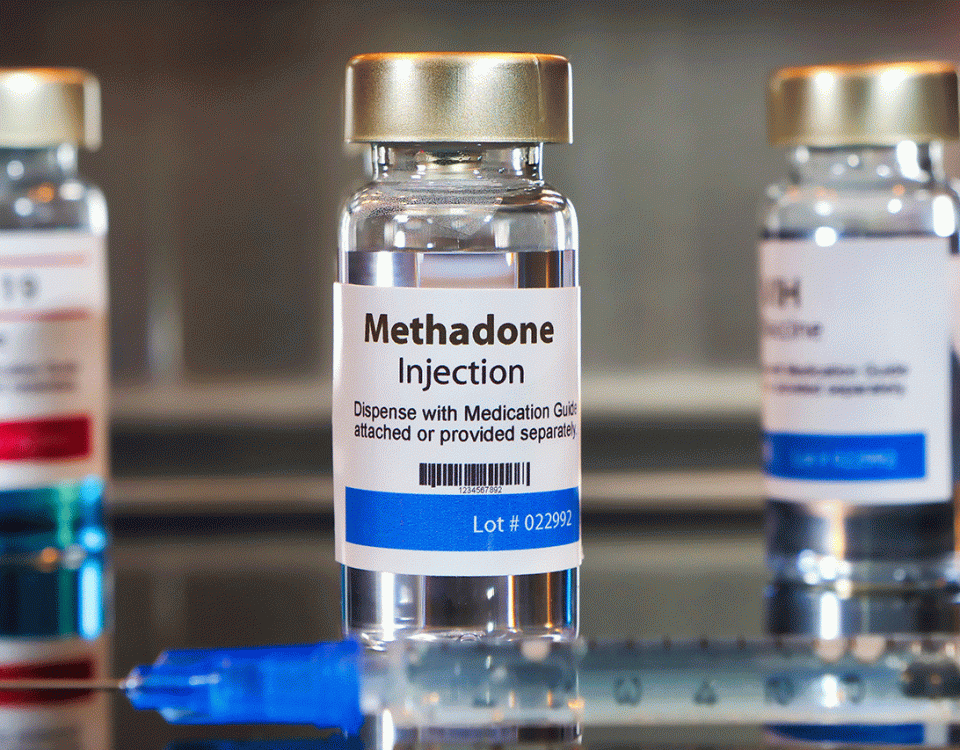The Benefits of Not Drinking Alcohol Timeline
As a rehab in Philadelphia, we know how your body heals when you stop drinking.
The long-term abuse of alcohol can lead to many physical and psychological problems. Alcohol can affect the levels of particular neurotransmitters in the brain, impacting how the body and mind communicate while changing your moods and thought processes. Whether you have an alcohol problem or just ask for a friend, we are sharing the benefits of not drinking alcohol timeline that will best illustrate the gradual effects on the body when you stop drinking.
How Alcohol Affects the Body
Alcohol is known as a central nervous system depressant. After you drink alcohol, it is absorbed into the bloodstream via the stomach (20%) and small intestine (80%). Alcohol’s side effects kick in within 5 to 10 minutes after drinking. These side effects usually peak after 30 to 90 minutes and are carried throughout the rest of the body.
As a CNS depressant, alcohol stimulates the mind in short doses and produces a calming effect in large doses. How alcohol affects the brain starts at the cerebral cortex, which processes information from your senses, plays a role in thinking and consciousness (along with the basal ganglia), and initiates most voluntary muscle movements.
When you drink alcohol, it depresses or relaxes the parts of the brain that inhibit certain behaviors or reactions, increasing talkativeness, sociability, and self-confidence. Alcohol also slows down the brain’s ability to process information we absorb through our senses, causing difficulties in seeing, hearing, smelling, touching, and tasting. The threshold for pain is also increased. The most common and well-known side effect of alcohol is impaired judgment or inhibited thought processes.
When a person drinks too much, they may have difficulties thinking clearly and making sound decisions, which can lead to all sorts of dangers and injuries. Additionally, a person may begin to exhibit physical symptoms like alcohol face changes, which serve as one of the many ways that unhealthy drinking habits can affect how a person looks.
When a person who frequently drinks heavily is unable to control their habit despite the repercussions, then they have an alcohol use disorder. Alcohol is addictive because it is able to affect the release of certain neurotransmitters like dopamine and produce a relaxing and pleasurable “buzz” or high. A person who has developed a chronic drinking problem should receive alcohol treatment at our Philly drug rehab to avoid complications when managing withdrawal symptoms and to aid in their recovery.
Benefits of No Alcohol Timeline
A person may experience many positive changes after quitting alcohol. Below is a “benefits of not drinking alcohol timeline” that will give you a general perspective of how sobriety changes your body over different periods of time.
- 2 to 12 hours after the last drink: People suffering from alcoholism may experience withdrawal symptoms like shaking, headache, nausea, vomiting, insomnia, and sweating.
- 12 to 24 hours after the last drink: Withdrawal symptoms may continue, leading to alcohol cravings, reduced energy, depression, and difficulty sleeping.
- 24 to 72 hours after the last drink: Hallucinations may occur after 48 hours without drinking, as well as increased heart rate, increased blood pressure, and seizures.
- 3 to 7 days after the last drink: Withdrawal symptoms usually recede and become more manageable at the three-day mark. In rare cases, the person’s symptoms may worsen and even develop into delirium tremens, a serious condition that requires immediate medical attention. This is why heavy or chronic drinkers should only quit under the supervision of and with the help of intensive outpatient rehab.
- 1 week after the last drink: While sleep patterns may improve at this point, you may begin to struggle with the mental side effects of alcohol abuse. Alcohol withdrawal can be physically demanding, leading to stress, anxiety, and even depression. You may also notice that you lack energy or display sudden mood swings, but this is normal. These emotions and reactions are signs of the body’s attempt to slowly relearn how to function without alcohol, both emotionally and chemically.
- 1 to 2 weeks after the last drink: It is usually within this period that a medical detox ends. Many people move onto substance-specific drug treatment programs in the facility where they detox so they can continue their recovery.
- 2 weeks after the last drink: When a person stops drinking alcohol altogether, their caloric intake is reduced, which can cause weight loss. Those whose livers have become “fatty” or slightly damaged from long-term drinking may begin to see improvement.
- 3 to 4 weeks after the last drink: Blood pressure may return to healthier levels, especially if drinking was the leading cause of a person’s high blood pressure.
- 1 month after the last drink: Your skin may start to look healthier. Alcohol’s effects on the skin include yellowing (jaundice), wrinkling, and dry patches. You may also see an improvement in your mental health as the body and brain readjust back to their normal levels. Additionally, you may experience a decrease in liver fat by 20%, as well as lower blood glucose levels and reduced levels of bad cholesterol.
- 3 months or longer after the last drink: No alcohol for 3 months may leave you feeling more energetic and more active. Alcohol reduces energy not only because it is a CNS depressant but also because it causes weight gain, affects your blood pressure, and affects your heart, making physical activity more difficult. You may also notice bouts of post-acute withdrawal syndrome, including symptoms like anxiety, mood swings, and depression. This is normal during the first year or so of recovery and usually becomes less frequent the longer you are sober.
Simply put, the benefits of cutting out alcohol include:
- Improved sleep
- Improved mental health
- Improved mood and energy
- Increased hydration
- Improved memory
- Healthy weight loss
- Better digestion and overall stomach health
- Improved skin, including decreased redness, swelling, and dry patches
- Reduced blood pressure
- Healthier liver
Even after two weeks without alcohol, your body will greatly improve. If you struggled with heavy drinking for a long time, it might take a little longer for you to recover, but it is worth it. No matter the stage of the alcohol recovery timeline that you are in, you should not face the challenges of achieving sobriety alone. Our Philadelphia substance abuse programs are designed to provide the support necessary for our patients to make long-lasting recoveries.
If you are battling with alcoholism and are finding it difficult to quit, call Banyan Treatment Centers Philadelphia now at 888-280-4763 to learn how PHP treatment can help.
Related Readings:









